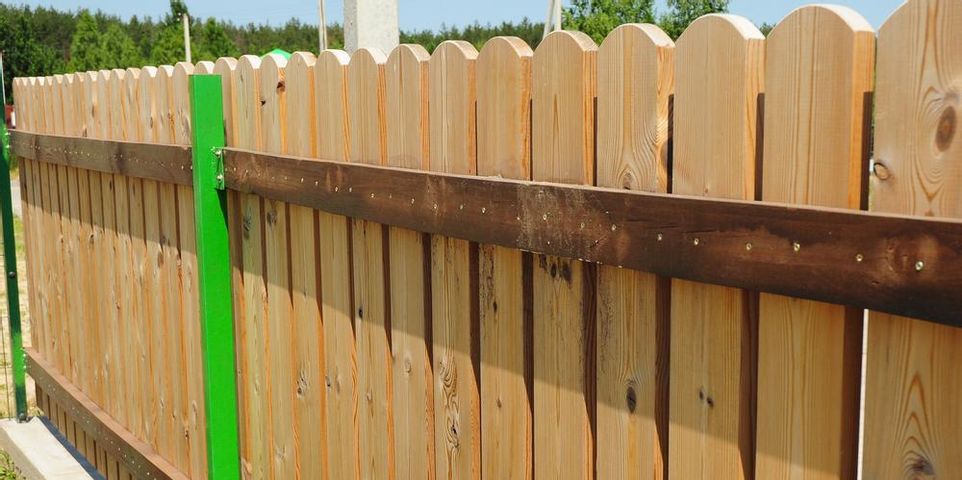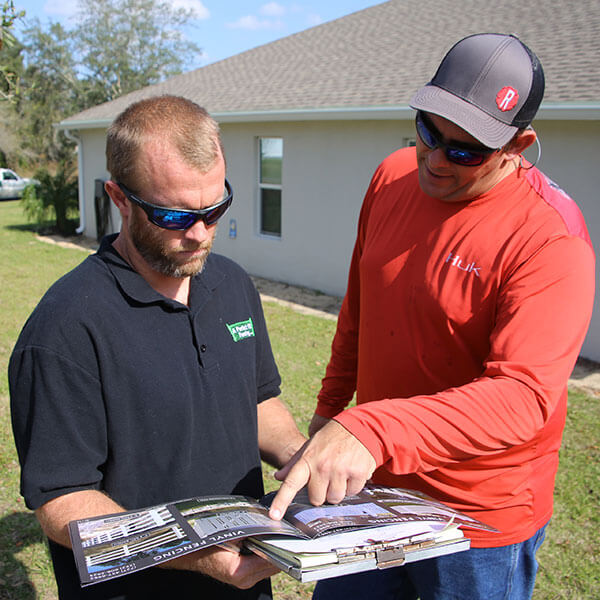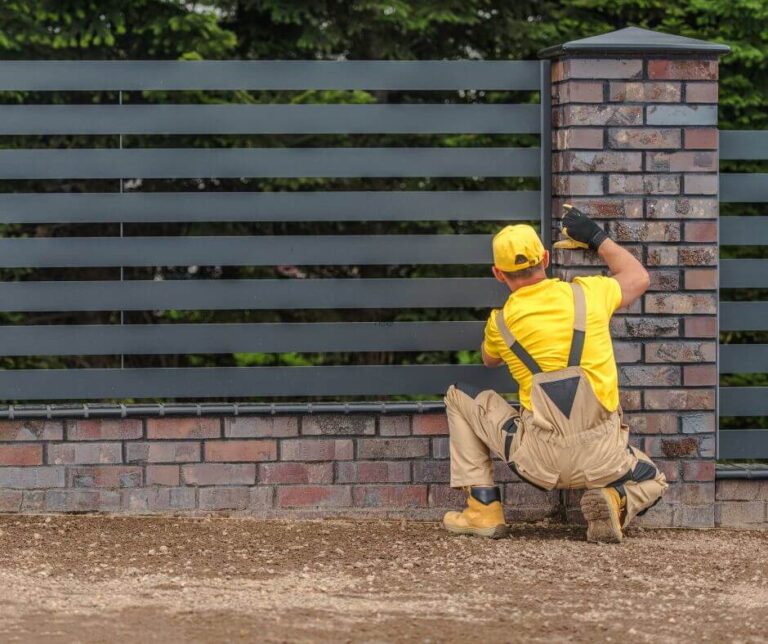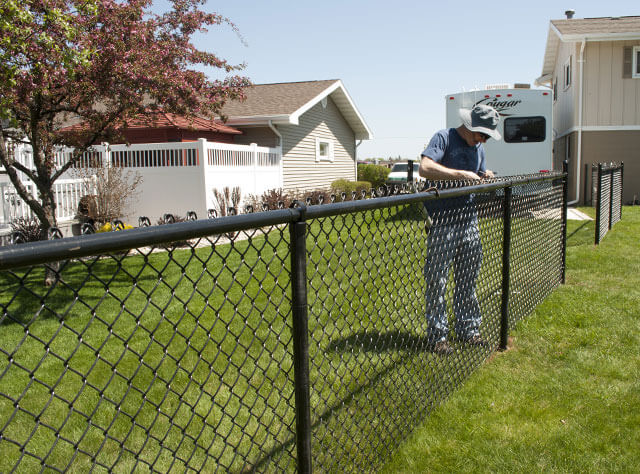Understanding local fencing regulations is crucial for property owners. Different areas have varying rules and restrictions.
Local fencing regulations are important for property owners to understand. It is essential to comply with these regulations to avoid potential legal issues and fines.
Depending on the location, rules might encompass the type, height, and placement of fences.
Municipalities and homeowners’ associations often have specific guidelines that need to be followed.
Failure to adhere to these regulations could result in costly repercussions. By familiarizing yourself with the local fencing regulations.
You can ensure that your property complies with the required standards while enhancing its aesthetic appeal and functionality.

Importance Of Local Fencing Regulations
Understanding local fencing regulations is crucial for homeowners and developers. Failure to comply can lead to legal issues.
For San Mateo residents, Book Your Free Evaluation with Fencing San Mateo provides a comprehensive guide to navigating regulations, offering practical tips for fencing projects.
Significance In Property Boundaries
Local fencing regulations hold immense importance in defining property boundaries.
Clear demarcation of property lines prevents disputes between neighbors and helps maintain privacy and security for homeowners.
By understanding and following these regulations, property owners can avoid encroaching on neighboring properties and potential legal entanglements associated with property boundary violations.
Impact On Neighborhood Aesthetics
The regulations also have a notable impact on the aesthetics of the neighborhood.
Adhering to these guidelines ensures a harmonious visual appeal, preventing unsightly or mismatched fences from detracting from the overall neighborhood aesthetics.
Properly constructed fences that meet local regulations enhance the overall curb appeal and contribute to a cohesive and appealing neighborhood landscape.
Compliance With Local Fencing Regulations
Compliance with local fencing regulations is crucial for property owners looking to install a fence.
Understanding local codes and zoning laws, obtaining necessary permits, and selecting the right materials are essential steps to ensure compliance and avoid potential legal issues.
In this article, we’ll explore these key aspects of compliance with local fencing regulations.
Researching Local Codes And Zoning Laws
Before installing a fence, research local codes and zoning laws related to fencing.
It’s important to understand the specific requirements regarding fence height, location, and materials permitted in your area.
Local government websites and building departments are valuable sources for accessing this information. Consider consulting with a professional to ensure full understanding of the regulations.
Permits And Building Codes
Obtaining the necessary permits for the fence installation is essential. Different cities and municipalities have varying permit requirements and building codes for fencing projects.
Familiarize yourself with the permit application process and be sure to adhere to all building codes to avoid potential fines or the need to remove non-compliant structures.
Choosing Fencing Materials In Line With Regulations
When selecting fencing materials, consider options that align with local regulations.
Choose materials that meet height restrictions, durability standards, and aesthetic guidelines outlined in the zoning laws.
Consider the visual impact, maintenance requirements, and longevity of the chosen materials to ensure they comply with local regulations while also meeting your specific needs.

Frequently Asked Questions
What Are The Common Fencing Restrictions In Residential Areas?
Local regulations often limit the height and material of fences to ensure visual harmony in neighborhoods.
How Can I Find The Specific Fencing Regulations In My Area?
Contact your local municipal office or visit their website for detailed information on fencing regulations.
Why Is It Important To Comply With Local Fencing Regulations?
Adhering to local regulations ensures community safety, property value preservation, and legal compliance.
Conclusion
Understanding the local fencing regulations is crucial for a successful installation.
By adhering to the specific guidelines set by your local authorities, you can ensure a smooth and hassle-free process.
With the right knowledge and understanding, you can avoid potential fines and setbacks.
Stay informed and compliant to make the most of your fencing project.







